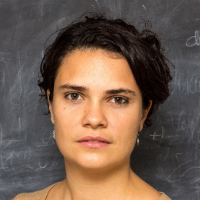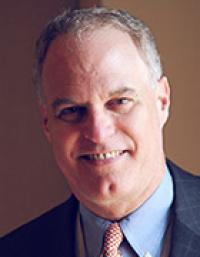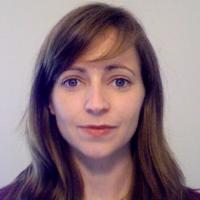Archive for October 2015
Hydrogen Isotope Transport in the Graphite Fuel Elements of Fluoride-Salt Cooled, High-Temperature Nuclear Reactors (FHR)
SPEAKER: RALUCA O. SCARLAT, PH.D ASSISTANT PROFESSOR, DEPARTMENT OF ENGINEERING PHYSICS AT UNIVERSITY OF WISCONSIN MADISON DATE/TIME: MON, 10/26/2015 – 4:00PM TO 5:00PM LOCATION: 3105 ETCHEVERRY HALL Fall 2015 Colloquium Series Abstract: The Pebble-Bed Fluoride-Salt-Cooled High Temperature Reactor (PB-FHR) is an advanced nuclear reactor concept that combines high-temperature and low-pressure fluoride salt coolants with particle-encapsulated nuclear fuel. FHRs…
Read MoreUnderestimated: Our Not So Peaceful Nuclear Future
SPEAKER: HENRY SOKOLSKI, PH.D EXECUTIVE DIRECTOR OF THE NONPROLIFERATION POLICY EDUCATION CENTER DATE/TIME: WED, 10/21/2015 – 12:00PM TO 1:00PM LOCATION: 310 SODA HALL Fall 2015 Colloquium Series Abstract: With the world focused on Iran, it is tempting to think that addressing this case, North Korea, and the problem of nuclear terrorism is all that matters and…
Read MoreNew Data on the Real Costs of Historical Nuclear Power Around the World
SPEAKER: JESSICA LOVERING SENIOR ANALYST AT THE BREAKTHROUGH INSTITUTE DATE/TIME: MON, 10/19/2015 – 4:00PM TO 5:00PM LOCATION: 3105 ETCHEVERRY HALL Fall 2015 Colloquium Series Abstract: While most studies of nuclear costs focus narrowly on the US and France, Jessica Lovering’s newly curated dataset includes complete cost histories of nuclear reactors for seven countries. By comparing the historical trends…
Read MoreRethinking Nuclear: How Can We Change the World’s Cumulative Carbon Emissions Soon Enough?
SPEAKER: JOSEPH LASSITER III, PH.D. SENIOR FELLOW, SENATOR JOHN HEINZ PROFESSOR OF MANAGEMENT PRACTICE IN ENVIRONMENTAL MANAGEMENT, RETIRED DATE/TIME: MON, 10/12/2015 – 4:00PM TO 5:00PM LOCATION: 3105 ETCHEVERRY HALL Fall 2015 Colloquium Series Abstract: Today’s existing nuclear power alternatives as well as renewables are currently forecast by the EIA and IEA to be losing the race with fossil…
Read MoreNuclear Safety Research and Development at the Department of Energy
SPEAKER: ALAN LEVIN, PH.D. SENIOR TECHNICAL ADVISOR AT THE DEPARTMENT OF ENERGY’S OFFICE OF NUCLEAR SAFETY DATE/TIME: MON, 10/05/2015 – 4:00PM TO 5:00PM LOCATION: 3105 ETCHEVERRY HALL Fall 2015 Colloquium Series Abstract: The U.S. Department of Energy (DOE) has established a corporate Nuclear Safety Research and Development (NSR&D) Program, managed by the Office of Nuclear Safety in DOE’s…
Read More


